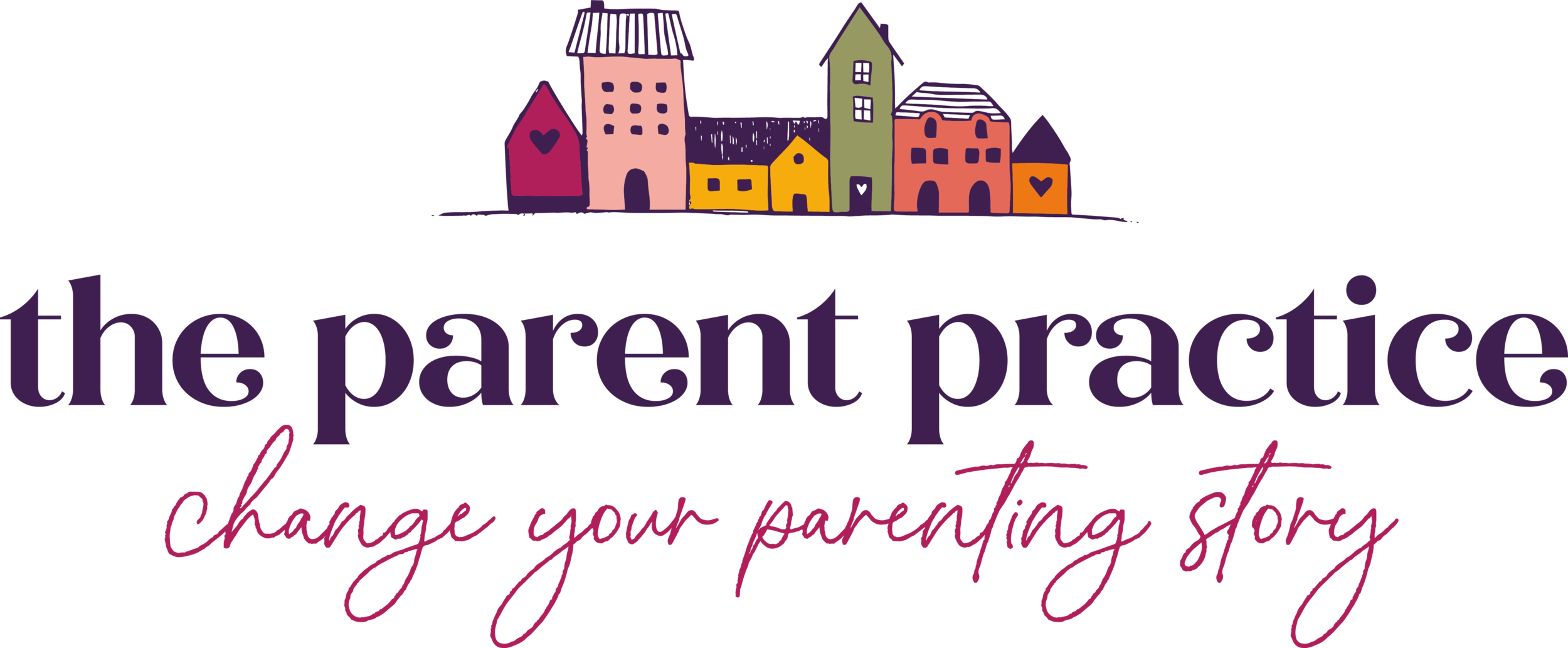Episode 31 - Dr Laura Markham
We need to talk about racism
You may have been provoked by the recent death of George Floyd at the hands of a white police officer in Minnesota or by similar events in the UK and Australia, and elsewhere, to think really hard about racism. Were you galvanised into taking part in a protest against racism and against police brutality? Are you wondering how to bring up your children not only to not be racist themselves but to be outraged by discrimination on the basis of skin colour and to speak out against it? If you want to raise children who are going to be kinder, more tolerant adults who will create a better future for all this is the episode for you.
Listen to this episode with Dr Laura Markham if you want to learn:
Why it matters to talk to children about race if you are living in a society where your skin colour matches the skin colour of the dominant culture and what our responsibility is if we want our children to grow up in a non-racist culture
How we can celebrate difference between people at the same time as recognising our common humanity
How you can talk to even quite young children about racism and police brutality without scaring them
How you can spark great conversations with kids by tapping into their already keen sense of what is fair and by talking about how people feel when the subject of unkindness
Why ‘colour-blindness’ should not be our goal and how that invalidates the experience of someone suffering discrimination and how seeing race is not the problem but making judgments about a person because of racial characteristics would be
How important it is to develop your own self-awareness and your reactions to people of different races and be aware of the modelling you provide to your child
How using questions, rather than telling your child what to think, is such an effective way to stimulate your child’s thinking
How you can talk to even young children about white advantage
Why reprimanding children for making comments you’re not happy with is not the best way to teach them
How to engage older children with these issues and to empower them to feel they can effect change themselves, by taking part in peaceful protests to demand change or to write letters
How you can influence children’s thinking by what they’re exposed to in their everyday environment through the toys they play with, the films they watch and the books they read as well as the people they spend time with
How to move beyond feelings of shame and awkwardness or guilt about historical or current racism to educate yourself and your child for a different future. Acknowledging pain is the key to opening up for positive action
How to give children messages of hope
And her top tip for raising children to be respectful, fair adults who can create a better future for all of us.
If you want to get in touch with Dr Laura check out the links below:
Links
https://www.facebook.com/AhaParenting
